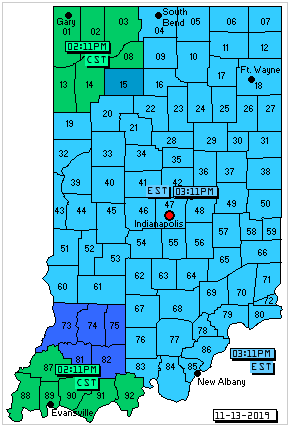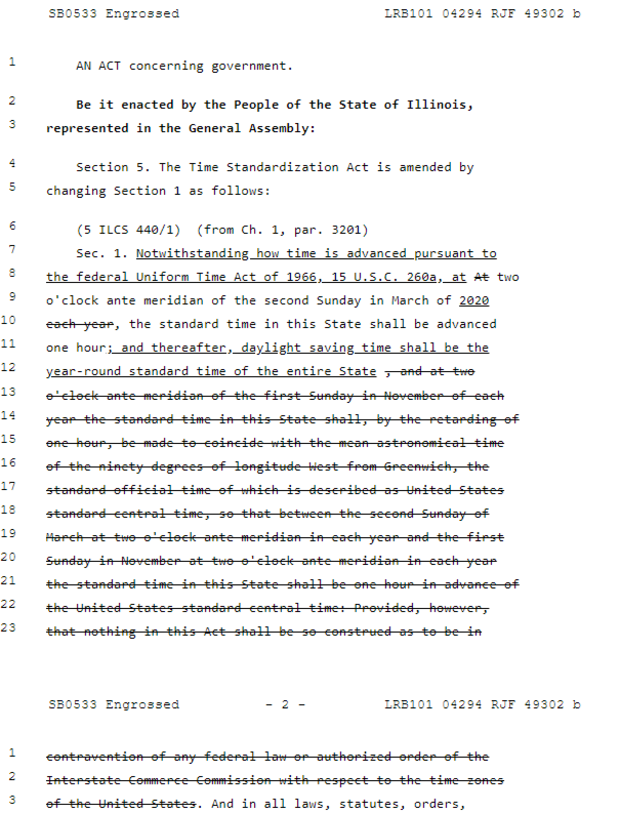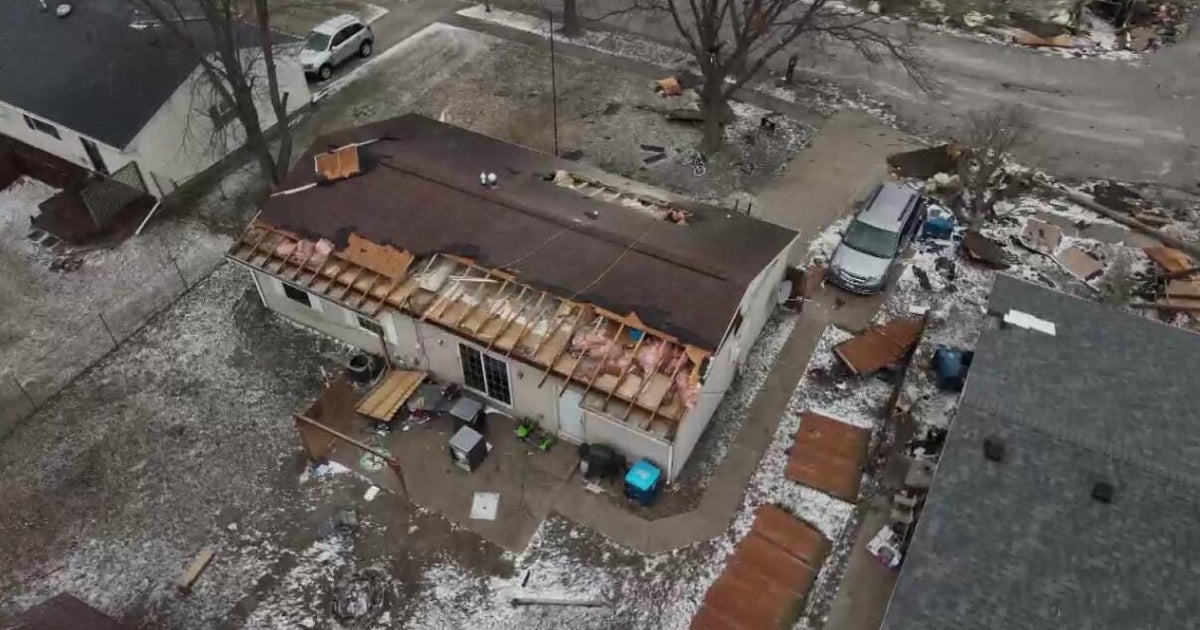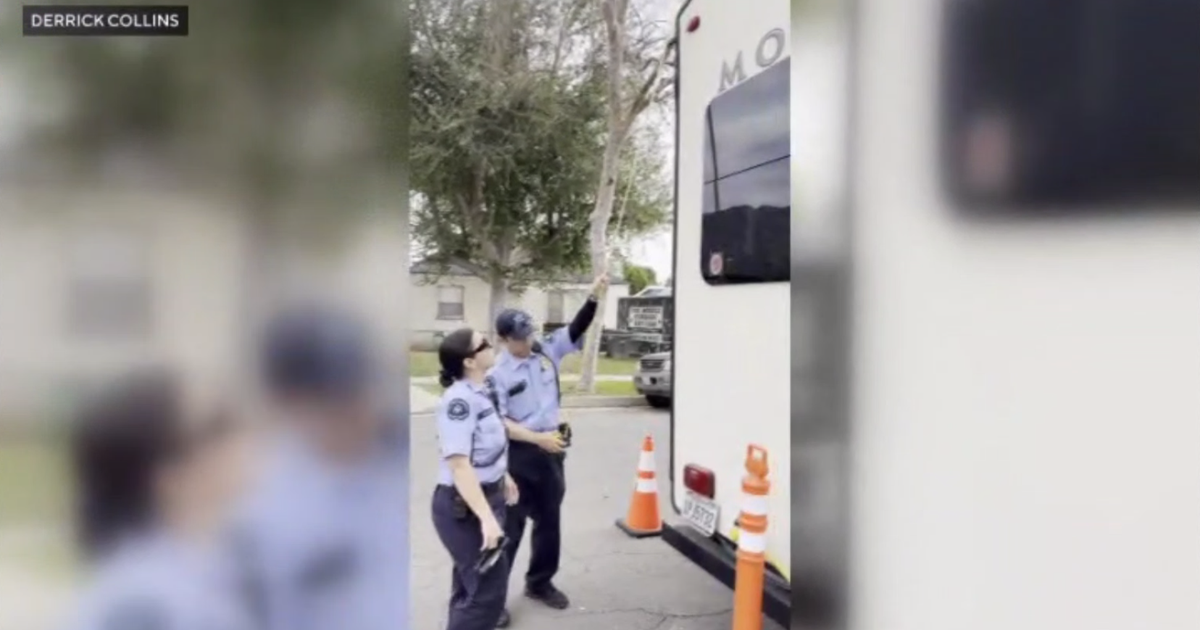Illinois Considers Permanent Daylight Saving Time, Creating A Mind-Melding Time Continuum Issue For Indiana Commuters
CHICAGO (CBS) -- Illinois took a step toward eliminating "spring forward, fall back" this week.
The Senate passed an amendent that would eliminate time changes and keep the state on Daylight Saving Time year round.
The new rule would have Illinoisians "spring forward" in March 2020 and never "fall back" again.
Here's the proposed change (the stricken language explaining the daylight saving vs standard time is mind-boggling):
Equally mind-boggling is what is going to happen to thousands commuters who live in Northwest Indiana, which, at least for now, would still fall back to standard time in November. That means getting to work would get an hour longer for half the year.
Example: "Joe South Shore" takes the 6:51 a.m. train from Hammond. Between March and November, that train will arrive downtown at 7:35 a.m. However, between November and March, it will arrive an hour "later" at 8:35 a.m.
On the return trip, "Jane South Shore" takes the 5:28 p.m. train from downtown. That train would arrive in Hammond at 6:08 p.m. during the spring and summer. "Jane" would arrive 20 minutes earlier than she left (5:08 p.m.) between November and March. That would be good if "Jane" needed to get to a 6 p.m. parent teacher conference or an evening baseball game for the kids.
The idea is gaining support nationwide, as studies show "springing and falling" creates all sorts of problems: Heart attacks are more frequent, pedestrians get killed, suicides go up. Sticking to saving time, according to research, saves energy and improves traffic safety.
It also means mornings will be darker longer, but the sun won't set at 4:30 p.m. in the winter in Chicago.
In Indiana, these northwest counties are on Central Time: Jasper, Lake, LaPorte, Newton, Porter, Pulaski, and Starke

If Illinois does enact the time change rule, counties in Indiana would have an option to join. Indiana law allows for any county executive "to change the time zone in which the county is located under the procedures established by federal law."
The fate of the new proposal now rests in the Illinois House.
So far, the bill has gained several sponsors there, but no hearings or other action on the bill has been scheduled.








